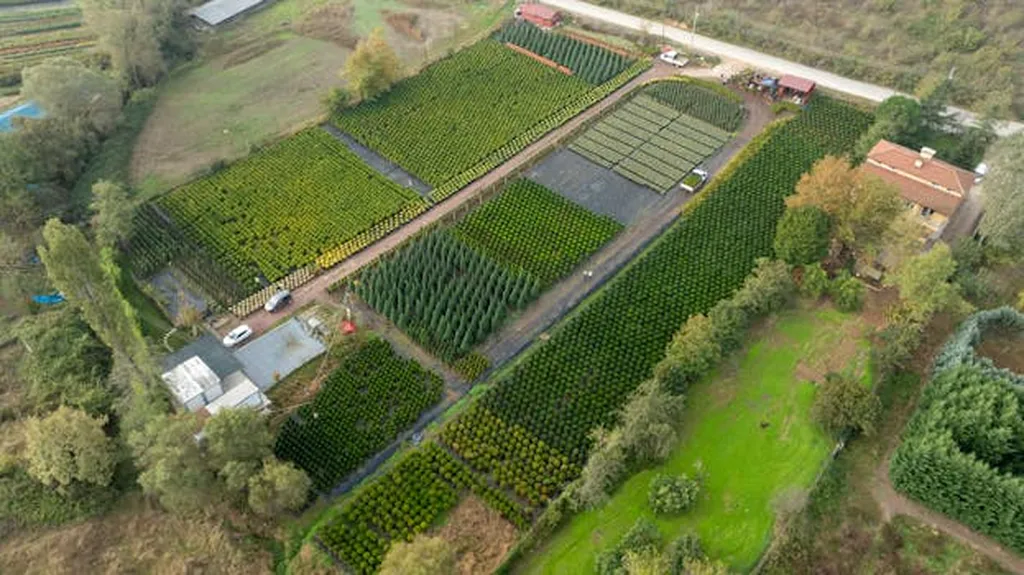In a groundbreaking study published in *Current Issues in Molecular Biology*, researchers have uncovered critical genes that enable the edible fungus *Stropharia rugosoannulata* to withstand high temperatures and drought conditions. This discovery could pave the way for more resilient crops and improved agricultural practices in an era of climate change.
The study, led by Shengze Yan of the Fujian Key Laboratory of Crop Genetic Improvement and Innovative Utilization for Mountain Area, utilized transcriptome analysis to identify how gene expression in *S. rugosoannulata* changes under stress. By examining the fungus at different treatment times, the team identified 74,571 transcripts and 16,233 unigenes, with an average assembly length of 3002 base pairs. This comprehensive dataset provided a robust foundation for understanding the genetic responses to environmental stressors.
“Our findings reveal a complex network of genes that activate in response to high temperatures and drought,” Yan explained. “By pinpointing these genes, we can better understand how *S. rugosoannulata* adapts to adverse conditions, which could be invaluable for developing stress-resistant crops.”
The researchers identified 10,248 differentially expressed genes (DEGs) under varying conditions. Under high-temperature stress, the number of DEGs increased over time, with 798, 851, and 1,484 genes identified at 1, 2, and 3 days, respectively. These DEGs were involved in 96 GO functional categories and 69 KEGG metabolic pathways. Similarly, under drought stress, the number of DEGs increased with prolonged exposure, with 421, 1,072, and 2,880 genes identified at 3, 6, and 9 days, respectively. These DEGs were involved in 108 GO functional categories and 78 KEGG metabolic pathways.
Further analysis of the metabolic pathway commonly enriched by DEGs identified 15 candidate genes that respond to both high-temperature and drought stress. Eight of these candidate genes were verified using qRT-PCR, and the results were consistent with the transcriptome datasets. This consistency underscores the reliability of the findings and their potential applications in agricultural biotechnology.
The implications of this research are far-reaching. By understanding the genetic mechanisms that enable *S. rugosoannulata* to thrive under stress, scientists can develop crops that are more resilient to climate change. This could lead to increased crop yields, reduced agricultural losses, and improved food security.
“This research is a significant step forward in our understanding of how organisms adapt to environmental stress,” Yan noted. “It opens up new avenues for breeding programs and genetic engineering to enhance crop resilience.”
As climate change continues to pose challenges to global agriculture, the need for stress-resistant crops has never been greater. This study provides a critical foundation for future research and development in this area, offering hope for a more sustainable and secure agricultural future.
The study, “Transcriptome Analysis Reveals Critical Genes Involved in the Response of *Stropharia rugosoannulata* to High Temperature and Drought Stress,” was published in *Current Issues in Molecular Biology* and led by Shengze Yan of the Fujian Key Laboratory of Crop Genetic Improvement and Innovative Utilization for Mountain Area.

